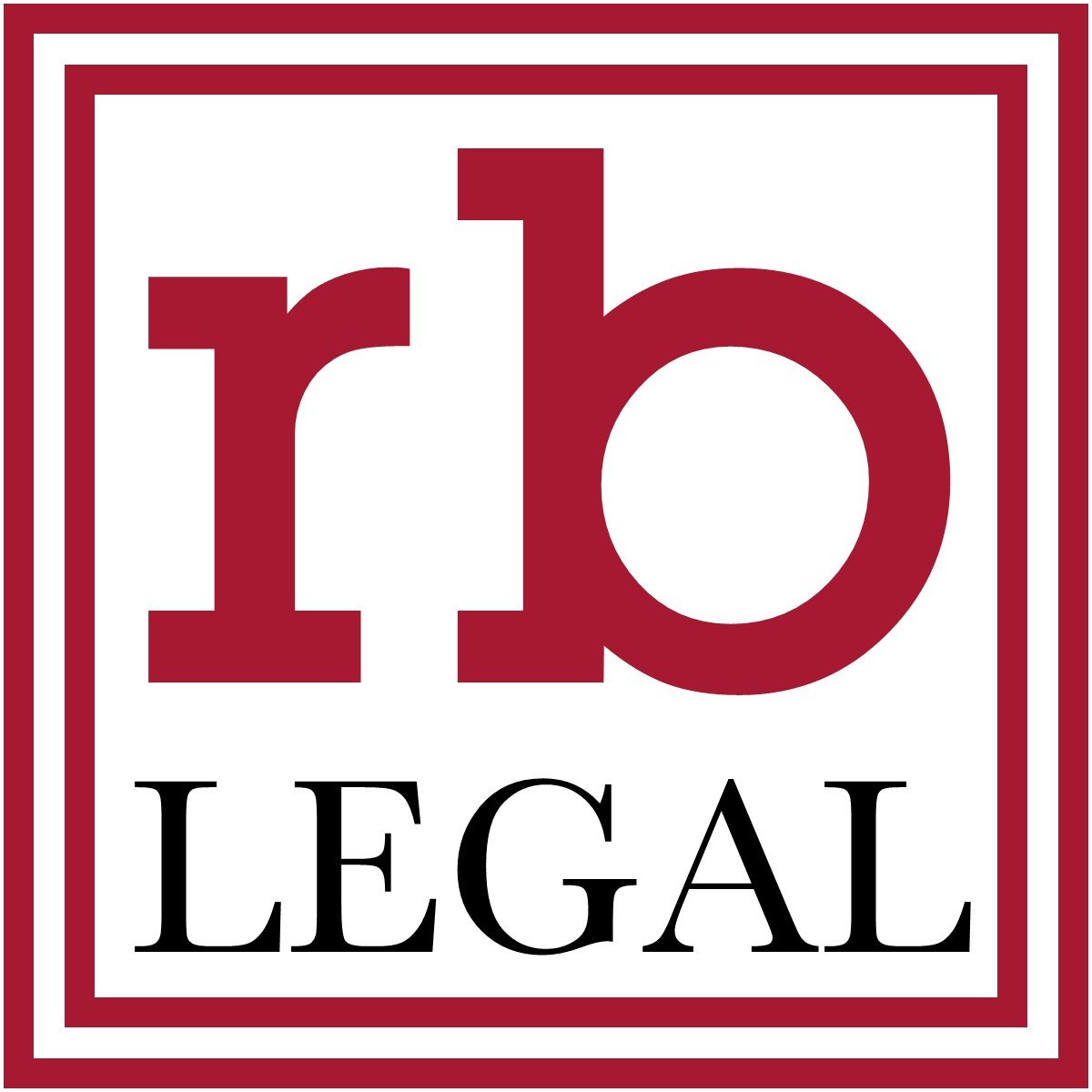Setting up an estate plan requires you to look at all the available options for turning assets over to your heirs when you die. One option that might be beneficial to you is a transfer on death deed.
A transfer on death deed allows you to convey real property, such as a home or undeveloped land, to your designated heir automatically upon your death, outside of probate. There are some considerable benefits and a few drawbacks for you to consider. Understanding these can help you decide if this is the right option for your estate.
What you should know about transfer on death deeds
A transfer on death deed is revocable so you can change the beneficiary in the future if you decide to do so. You keep ownership of the property as long as you’re alive. That means that you can also borrow against the property or sell it if you want. This is often preferable to adding your heir as a joint owner, which would give them immediate ownership rights. Here are some other things to remember:
- If the property has more than one owner now, the joint ownership will take precedence over the transfer on death deed. The transfer on death deed doesn’t go into effect until both named owners on a joint deed die.
- Up until you pass away, you still have to pay all the bills associated with the home. This will transfer to the named heir when you pass away. All debts related to the property, including the mortgage balance, become their responsibility.
- Since it bypasses probate, the property transfer is much harder to contest. This could be important if you have heirs who don’t get along.
It’s crucial that you have your estate plan set up so you can pass assets down to your heirs in accordance with your wishes. Working with someone who understands what you want and the applicable laws can help reduce the stress of the situation.



